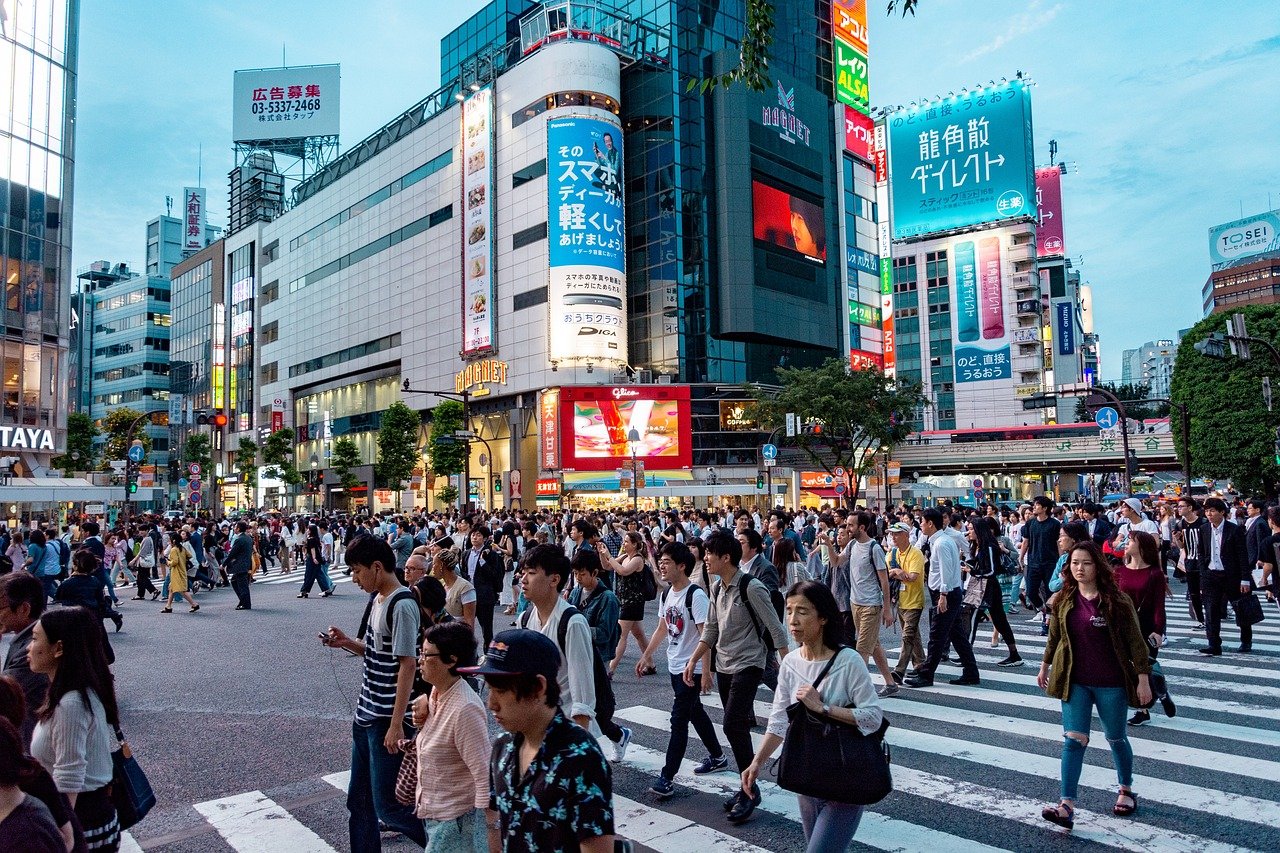The land of the rising sun has produced companies that dominated car, electronics, and games. According to Forbes, Japan ranks top on the list of the best countries in Asia, due to the country’s high score in cultural influence, entrepreneurship, innovation and industries. For whatever reason, your motive to work and live overseas is driven by a desire to succeed and make the best of your life. Here are the reasons to work and live in Japan.
Four season and sub-tropical climate
Japan is a long archipelago stretching from the Kuril Islands of the Russian Federation up to the Hateruma islands near Taiwan and Y’ami Island, Philippines. This vast stretch of large islands, makes the country having four seasons in mainland Japan and subtropical in Okinawa Islands. Just like countries in Europe, Canada and the United States, mainland Japan experiences summer, spring, autumn and winter. Each of these seasons has its unique beauty and provides opportunities for beautiful sightseeing.
- Summer: Visiting temples and parks
- Spring: Partying in Sakura (cherry tree) blossoms
- Autumn: Enjoying bright and colourful leaves
- Winter: Skiing and visiting a winter-themed park
- Subtropical: Picnicking at beaches
Opening of new opportunities
The Government of Japan named its country as the rising magnet for foreign talent or land of growth opportunities. The Japanese government started the open-door-policy that can help skilled professionals relocate and start a new life. This welcoming approach is due to the shortage of talents in some jobs such as food and beverage, information technology, finance, and education.
Order and security
There’s totally no or zero-crime rate country and Japan is not exempted. Although this is the case, Japan ranks among countries with the lowest crime rate with only 21.67 crime index in 2020. Here’s a source from worldpopulationreview.com and businessinsider.com. Japan heavily regulates firearms and requires buyers to undergo background checks and rigorous safety classes every three years. The UN Global Homicide Book places Japan at the lowest rate. The low poverty, low drug use and low unemployment contributed to the factors of low crime rate in the country.
Tasty and healthy food
Japanese cuisine is known for its diversity, savoury and look. In fact, according to Goats on the Road blog, Japan ranks fifth in the world’s best food culture. Like how they treat technology and engineering with precision, the Japanese also applies the same in their food. Just look how it’s too good to eat those mochis (Japanese sweet), enjoy the rich and complex flavours of Ramen, savour street foods sold in shrines and parks. Another benefit is that most Japanese foods are healthy. Think about the centenarians who live in Okinawa and subsist in diets of seaweed, jasmine tea, green tea and seafood.
Efficient transportation system
Despite being an archipelago (of large islands, scattered islands and atolls), Japan operates an efficient network of transport - Shinkansen bullet train, ferries, buses and taxis. Most, if not all, are highly developed and modern. Subways are numerous and located in urban and rural areas. In fact, Japan is also a provider of road technologies to other countries where Japanese companies help in road and subway construction.
Recreation sites
Japan has countless, beautiful tourist sites - speciality museums, parks, capes, islands, landscapes, and ski resorts. In Kyoto and Tokyo during spring, Cherry blossoms make the cities a pink wonderland. Another is peach blossoming trees that line streets or dot specific nature reserve sites.
Advanced technology
This is no brainer. Japan is a technologically advanced country owing to its high number of patents, inventions, innovations and homegrown companies. In fact, it’s a land of inventors. Some of the Japanese inventions include video cameras, cars, DVDs, Walkman, Compact disc, karaoke, electronic calculators, and electric rice cooker. Continuing innovations and research and development create jobs.
Lots of festivals
Japan is also a land of festivity. It’s estimated that Japan celebrates 200,000 festivals in a year. Festivals (“Matsuri” in Japanese) are colourful and fun. Each prefecture and city have their own festivals founded from history and legends. These festivals comprise a fluvial parade, food tasting and religious ceremonies. Some of the popular ones are Yuki Matsuri (Sapporo snow festival), Tokushima Awa Odori (traditional dances), Gion Matsuri (Kyoto), Tenjin Matsuri (100 boat processions), Jidai Matsuri (Historical reenactment in Tokyo).

 English
English Japanese
Japanese





